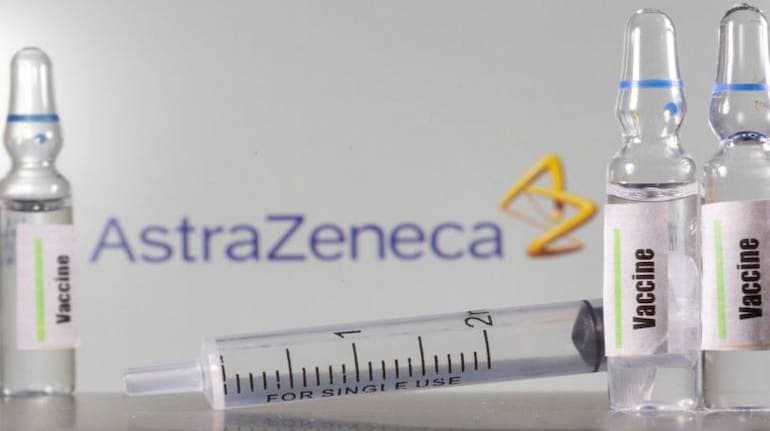



Cheap and easy to store, the AstraZeneca/Oxford vaccine approved by the British regulator on Wednesday has given a shot in the arm to the global fight against coronavirus.
Also Read: UK nod to Oxford-AstraZeneca COVID-19 vaccine strengthens case for India approval
Here are five facts about the much-anticipated vaccine.
Practicality
The AstraZeneca/Oxford vaccine has the major advantages of being inexpensive, costing about £2.50 ($3.40, 2.75 euros) per dose, and easy to store.
It can be kept at normal refrigerator temperatures of between two and eight degrees Celsius, making it ideal for large-scale vaccination programs.
By contrast, the Moderna vaccine needs to be stored at -20C, while the Pfizer/BioNTech product must be kept at -70C.
Also Read: India likely to approve Oxford-AstraZeneca COVID-19 vaccine today
Mutant strain
The vaccine should be capable of fighting the new variant of the coronavirus responsible for a surge of cases in the United Kingdom, according to AstraZeneca chief executive Pascal Soriot.
"So far, we think the vaccine should remain effective. But we can't be sure, so we're going to test that," he told the Sunday Times.
New versions are being developed just in case, he revealed, adding: "You have to get prepared."
Follow our LIVE blog for latest updates of the novel coronavirus pandemic
British product
The vaccine developed by British firm AstraZeneca, working alongside Oxford University, is the second to be approved by the independent Medicines and Healthcare products Regulatory Agency (MHRA).
The Pfizer/BioNTech vaccine has been deployed in Britain since December 8, with almost 800,000 receiving their first dose, according to British Prime Minister Boris Johnson.
His government is battling one of the world's worst outbreaks, with more than 71,000 deaths so far of those testing positive for the disease.
Britain has ordered 100 million doses of the AstraZeneca/Oxford vaccine, 40 million of which will be available by the end of March, with vaccinations scheduled to begin on January 4.
AstraZeneca said it expects to be able to manufacture about three billion doses of its vaccine worldwide in 2021.
Chimpanzees
The vaccine is "virus-vectored", meaning it is a version of a virus that normally infects chimpanzees and has been modified with a portion of the Covid-19 coronavirus called the "spike protein" to fire the immune system.
Once in human cells, the vaccine should help stimulate the production of antibodies that recognizee the virus.
The vaccine is "safe and effective", according to data published by The Lancet medical journal on December 8, with only one of the of the 23,754 volunteers who participated in the trials experiencing "possibly-related severe side effects".
This was a case of rare neurological condition transverse myelitis that forced the temporary suspension of trials.
Result Confusion
The British laboratory announced in interim findings in November that its vaccine was on average 70 percent effective, compared with more than 90 percent for Pfizer/BioNTech and Moderna.
The efficacy of the AstraZeneca/Oxford vaccine was 90 percent for volunteers who first received only a half-dose and then a full dose one month later, but only 62 percent for another group that was vaccinated with two full doses one month apart.
The injection of a half-dose was conducted by accident, raising criticism over the robustness of the results and prompting the company to announce on November 26 that an "additional study" would be held into the efficacy of the reduced dosage.
"We think we have figured out the winning formula and how to get efficacy that, after two doses, is up there with everybody else," Soriot told the Sunday Times.
Follow our full coverage of the coronavirus pandemic here.
Discover the latest Business News, Sensex, and Nifty updates. Obtain Personal Finance insights, tax queries, and expert opinions on Moneycontrol or download the Moneycontrol App to stay updated!